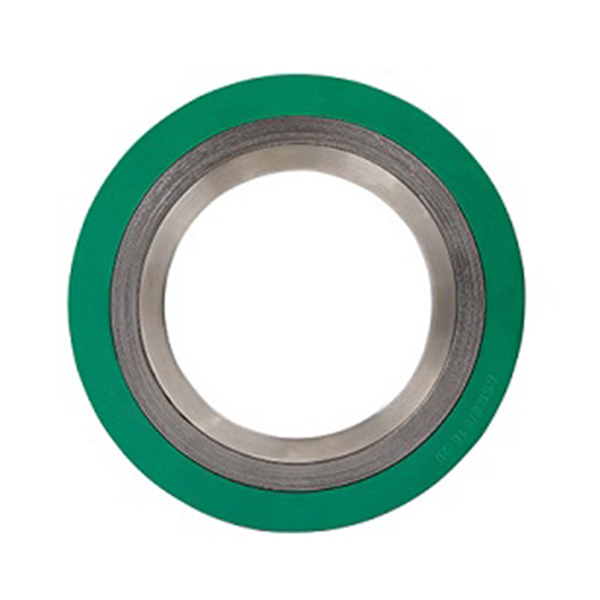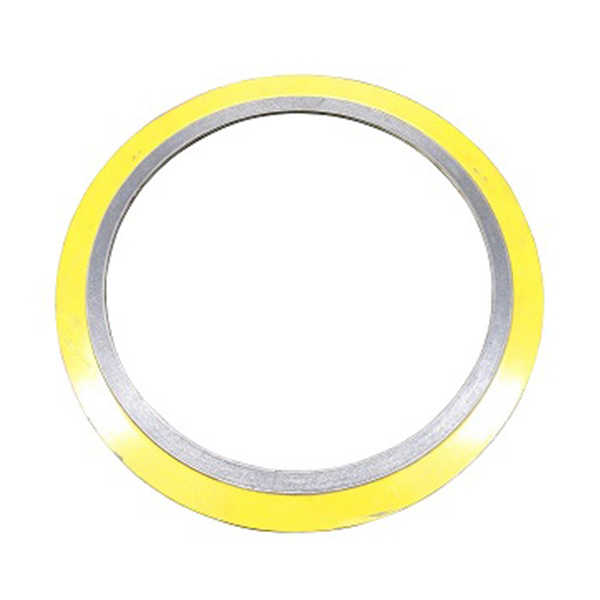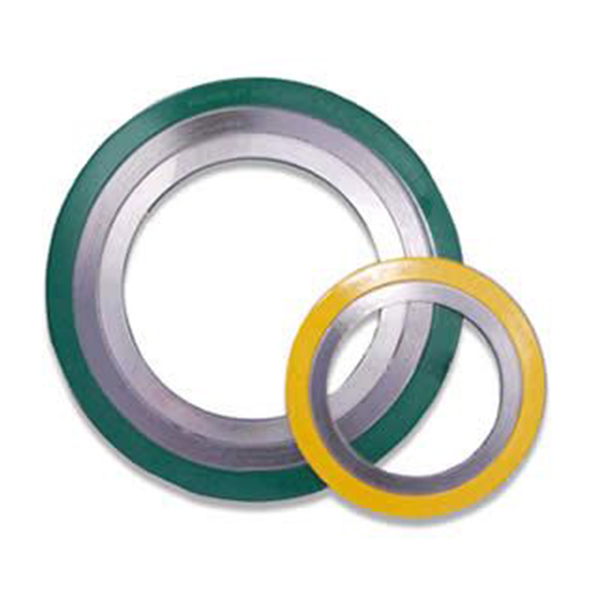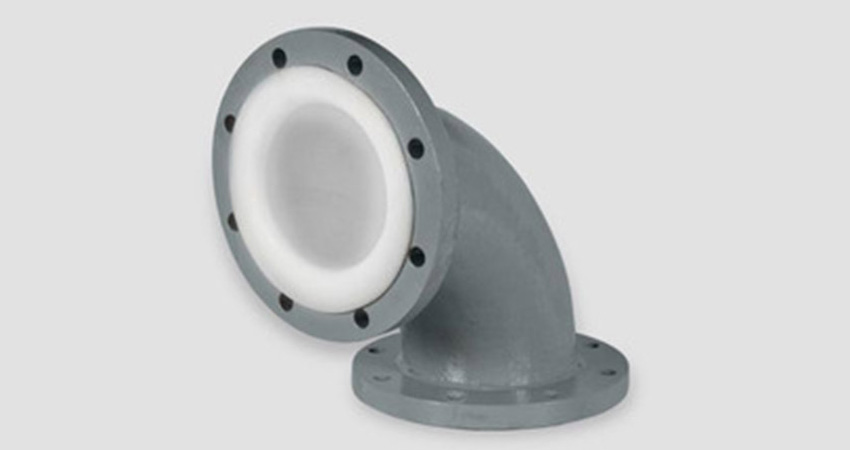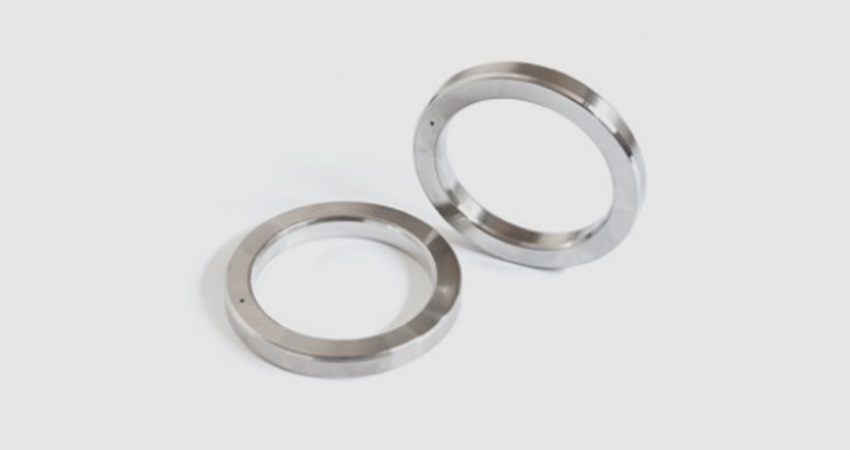Machine for Double Jacketed Gaskets
Introduction to Double Jacketed Gaskets and Their Manufacturing
Double jacketed gaskets are critical components in industrial sealing applications, providing superior performance in high-pressure and high-temperature environments. These gaskets consist of a metallic outer jacket and a resilient inner filler, offering enhanced sealing capabilities and durability. To produce these precision components, specialized machinery is required. A Machine for Double Jacketed Gaskets is engineered to manufacture these gaskets with accuracy, efficiency, and consistency, meeting the stringent demands of industries such as oil and gas, chemical processing, and power generation.
Key Features and Specifications
The Machine for Double Jacketed Gaskets incorporates advanced technology to ensure high-quality output. Below are the primary features and specifications detailed for clarity and precision.
Technical Parameters
- Power Supply: 380V, 50Hz, three-phase
- Motor Power: 5.5 kW
- Production Speed: Up to 30 gaskets per minute
- Maximum Gasket Diameter: 500 mm
- Minimum Gasket Diameter: 25 mm
- Material Compatibility: Stainless steel, carbon steel, and various non-metallic fillers
- Control System: PLC-based with touchscreen interface
- Weight: Approximately 1200 kg
- Dimensions: 2000 mm (L) x 1500 mm (W) x 1800 mm (H)
- Accuracy: ±0.1 mm tolerance in gasket dimensions
Operational Capabilities
| Feature | Description |
|---|---|
| Automation Level | Fully automated with manual override options for flexibility |
| Tooling Options | Interchangeable dies for various gasket sizes and profiles |
| Safety Features | Emergency stop, safety guards, and overload protection |
| Maintenance | Easy access to components with minimal downtime |
| Environmental Compliance | Low noise emission and energy-efficient operation |
Applications and Benefits
This machine is designed for producing double jacketed gaskets used in flange connections, valves, and pipelines. Its benefits include reduced production time, consistent quality, and adaptability to custom designs, making it ideal for both large-scale manufacturers and specialized workshops.
Frequently Asked Questions (FAQ)
What materials can the Machine for Double Jacketed Gaskets handle?
The machine is compatible with a range of materials, including metallic jackets like stainless steel (grades 304 and 316) and carbon steel, as well as non-metallic fillers such as graphite, PTFE, and compressed asbestos fiber. This versatility allows for the production of gaskets suitable for diverse industrial applications, from corrosive chemical environments to high-temperature systems.
How does the machine ensure precision in gasket manufacturing?
Precision is achieved through a combination of servo-driven mechanisms, precise tooling, and a PLC control system that allows for exact adjustments in pressure, speed, and positioning. The touchscreen interface enables operators to input specific parameters, ensuring each gasket meets required tolerances and specifications without deviation.
What maintenance is required for optimal performance?
Regular maintenance includes lubrication of moving parts, inspection of dies and tooling for wear, and calibration of the control system. It is recommended to perform routine checks every 500 operating hours and a comprehensive service annually. Proper maintenance minimizes downtime and extends the machine's lifespan, ensuring consistent output quality.
Can the machine produce custom-sized gaskets?
Yes, the machine is highly adaptable and can be configured to produce custom sizes and profiles by changing the dies and adjusting the programming via the PLC interface. This flexibility makes it suitable for bespoke orders and prototyping, allowing manufacturers to cater to specific client requirements without significant retooling costs.
What safety features are integrated into the machine?
Safety features include an emergency stop button, physical guards around moving parts, overload protection to prevent motor damage, and automatic shutdown in case of irregularities. These measures ensure operator safety and protect the machine from potential damage due to misuse or operational errors.
How energy-efficient is the Machine for Double Jacketed Gaskets?
The machine is designed with energy efficiency in mind, utilizing a high-efficiency motor and regenerative drives that reduce power consumption. It operates on a 5.5 kW motor, which is optimized for low energy use without compromising performance, contributing to lower operational costs and environmental sustainability.
What is the typical production output per hour?
Depending on the gasket size and complexity, the machine can produce up to 1800 gaskets per hour (30 per minute) under optimal conditions. Factors such as material type and setup changes may affect this rate, but the automated system ensures high throughput with minimal manual intervention.
Is training provided for operators?
Comprehensive training is typically offered, covering machine operation, programming, maintenance, and safety protocols. This ensures that operators can efficiently use the machine, troubleshoot common issues, and maintain productivity while adhering to best practices.
Can the machine integrate with existing production lines?
Yes, it is designed for easy integration into existing production environments. With standard interface options and modular components, it can be connected to conveyor systems, automated material handling equipment, and quality control stations, streamlining the overall manufacturing process.
What warranty and support are available?
A standard warranty of 12 months is provided, covering parts and labor. Additionally, technical support is available for troubleshooting, spare parts supply, and service requests, ensuring minimal disruption to operations and long-term reliability.


